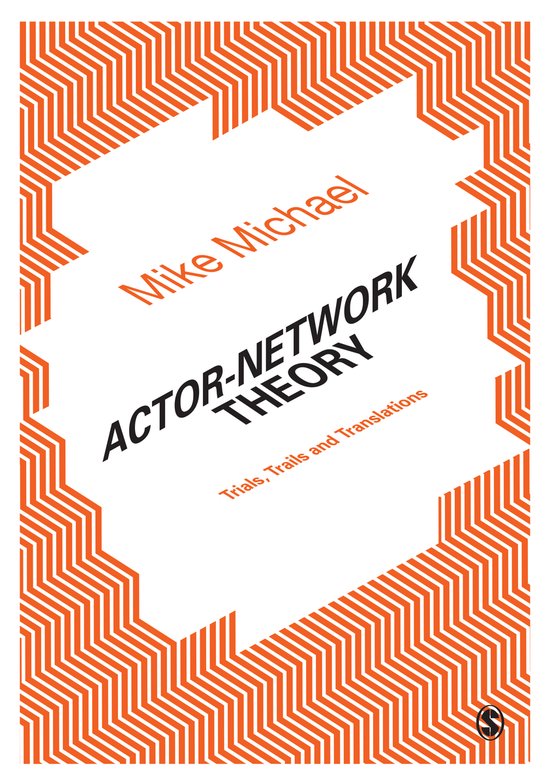The routledge companion to actor network theory

2 - 3 weken
The companion explores ANT as an intellectual practice, tracking its movements and engagements with a wide range of academic and activist projects. Showcasing the work of a diverse set of ‘second generation’ ANT scholars from around the world, it highlights the exciting depth and breadth of contemporary ANT and its future possibilities.
This companion explores ANT as an intellectual practice, tracking its movements and engagements with a wide range of other academic and activist projects. Showcasing the work of a diverse set of ‘second generation’ ANT scholars from around the world, it highlights the exciting depth and breadth of contemporary ANT and its future possibilities.
The companion has 38 chapters, each answering a key question about ANT and its capacities. Early chapters explore ANT as an intellectual practice and highlight ANT’s dialogues with other fields and key theorists. Others open critical, provocative discussions of its limitations. Later sections explore how ANT has been developed in a range of social scientific fields and how it has been used to explore a wide range of scales and sites. Chapters in the final section discuss ANT’s involvement in ‘real world’ endeavours such as disability and environmental activism, and even running a Chilean hospital. Each chapter contains an overview of relevant work and introduces original examples and ideas from the authors’ recent research. The chapters orient readers in rich, complex fields and can be read in any order or combination. Throughout the volume, authors mobilise ANT to explore and account for a range of exciting case studies: from wheelchair activism to parliamentary decision-making; from racial profiling to energy consumption monitoring; from queer sex to Korean cities. A comprehensive introduction by the editors explores the significance of ANT more broadly and provides an overview of the volume.
The Routledge Companion to Actor-Network Theory will be an inspiring and lively companion to academics and advanced undergraduates and postgraduates from across many disciplines across the social sciences, including Sociology, Geography, Politics and Urban Studies, Environmental Studies and STS, and anyone wishing to engage with ANT, to understand what it has already been used to do and to imagine what it might do in the future.
- 1 Bekijk alle specificaties



Taal: en
Bindwijze: Paperback
Oorspronkelijke releasedatum: 21 januari 2023
Aantal pagina's: 458
Hoofdredacteur: Anders Blok
Hoofduitgeverij: Routledge
Product breedte: 174 mm
Product lengte: 246 mm
Studieboek: Nee
Verpakking breedte: 166 mm
Verpakking hoogte: 30 mm
Verpakking lengte: 245 mm
Verpakkingsgewicht: 1015 g
EAN: 9781032475486